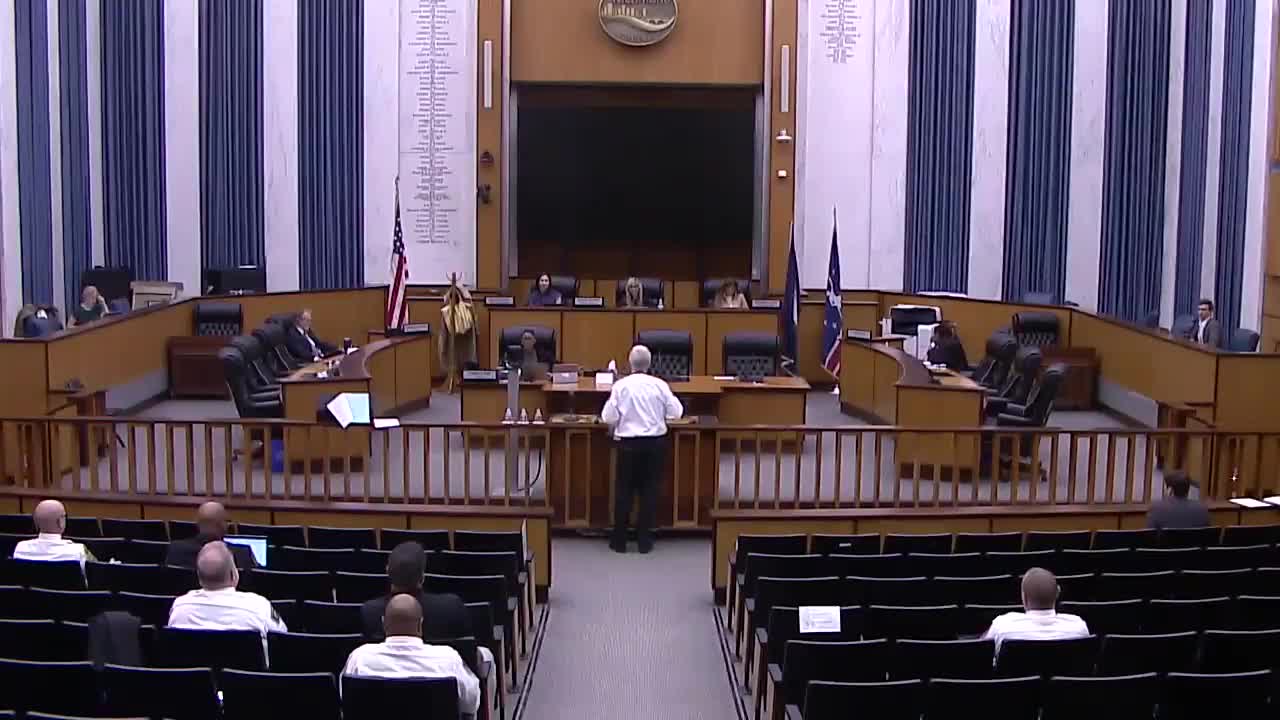Richmond Ambulance Authority raises alarm about missing capital subsidy and ambulance lead times
Get AI-powered insights, summaries, and transcripts
Subscribe
Summary
Chip Decker, CEO of the Richmond Ambulance Authority, told the Public Safety Standing Committee that a $3.1 million capital subsidy for ambulances may not have been encumbered, risking a roughly 30% reduction in expected funds and jeopardizing ambulance orders that have multi‑year lead times.
Chip Decker, CEO of the Richmond Ambulance Authority, told the Public Safety Standing Committee that capital funding the authority expected for ambulance replacements may not have been captured in the administration’s vehicle budget, creating an urgent funding gap that could force the authority to delay or lose ambulance orders with long lead times.
Decker said the authority is “pretty much full staff” for paramedics but has several EMT vacancies and a cadet waiting list of about 135 people; his immediate constraint is vehicles. He said the authority responded to 6,408 calls in September and that average “wall time” at hospitals — the time crews wait to transfer patients — averages just over 42 minutes. Decker said Medicare payments were delayed during the federal government shutdown and later resumed at reduced add‑on rates, and Medicaid rollbacks could reduce revenue next year.
The authority expected a capital subsidy to finance ambulance purchases; Decker said he believes the city committed funds during budget negotiations but that $3.1 million for ambulances is not visible in the current encumbrances. He said lead time for new ambulances can be about three years and that manufacturers are projecting roughly a 26% price increase next year. The authority currently operates about 32 ambulances and planned a replacement schedule requiring about seven new ambulances per year, Decker said.
Committee members pressed staff to locate the budgetary documentation and requested a letter to the chief administrative officer asking for clarity. Council members said the issue is urgent because a shortfall could reduce fleet availability and ultimately affect response times. Decker described “hot swaps” (changing crews in the field rather than returning trucks for servicing) as a stopgap that accelerates vehicle wear. He also said nonemergency transports subsidize 911 operations and that reducing nonemergency capacity increases the net economic burden on the authority.
The committee asked staff to follow up with the CAO and Director Megan Brown, and asked that the administration present options to address the $3.1 million capital gap, including whether the funds were encumbered elsewhere in the fleet/CIP budget. Members asked for a written response within two weeks and reiterated that the committee may request the CAO or CAO staff to appear before the committee if necessary.
No formal vote was taken; committee members said they will follow up with the administration and asked staff to prepare a letter to the CAO.
